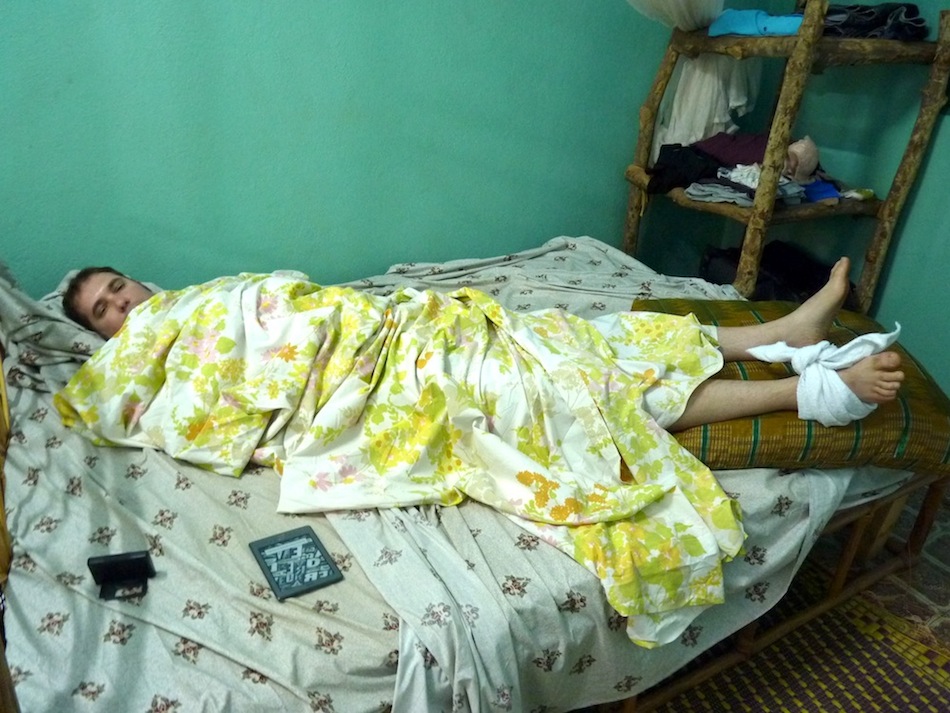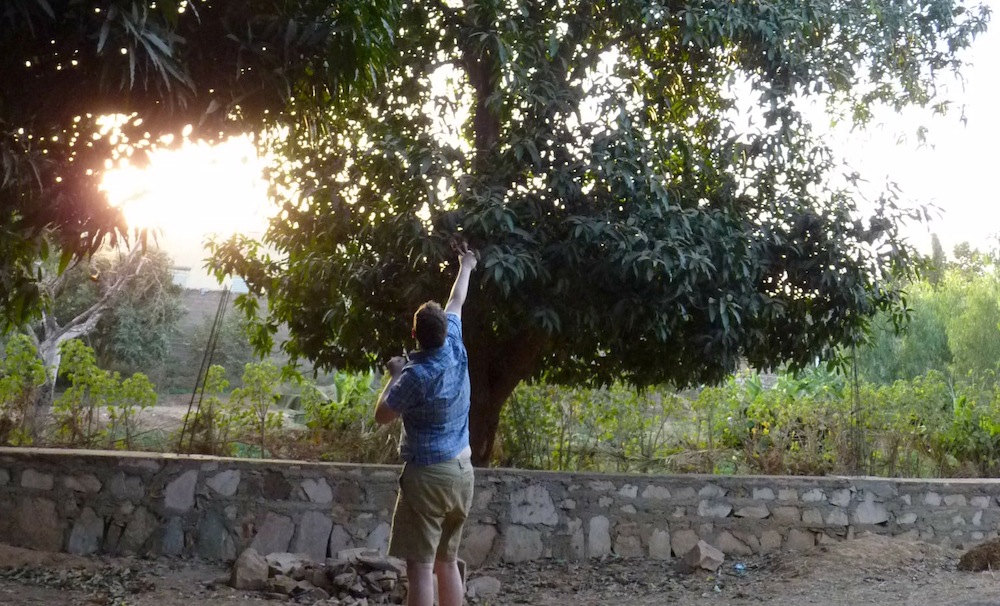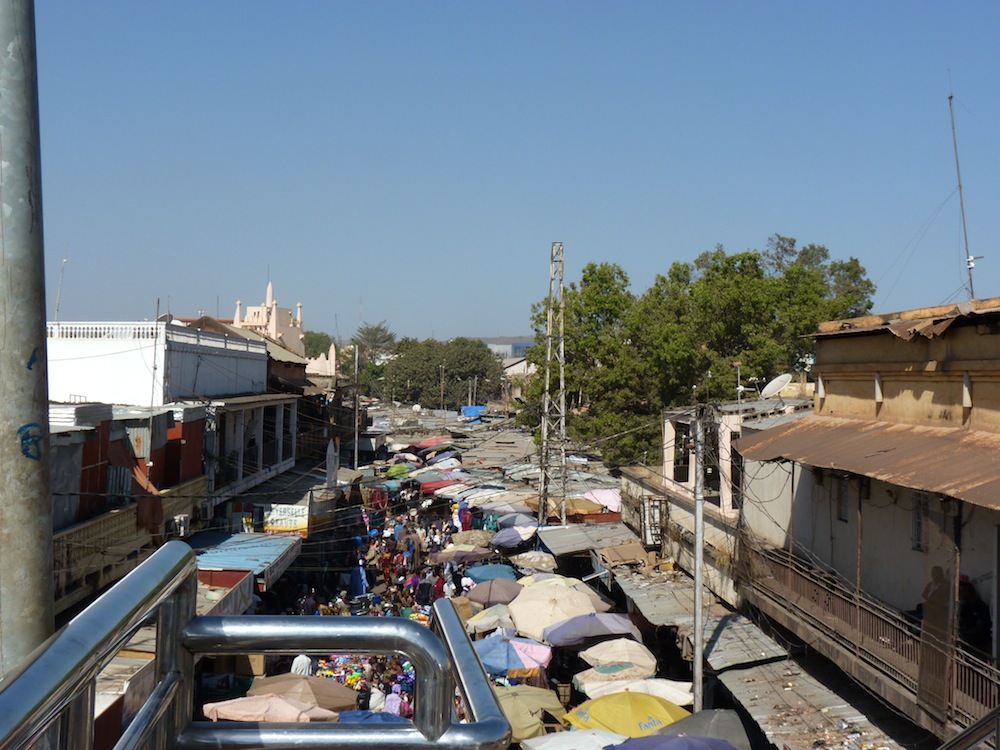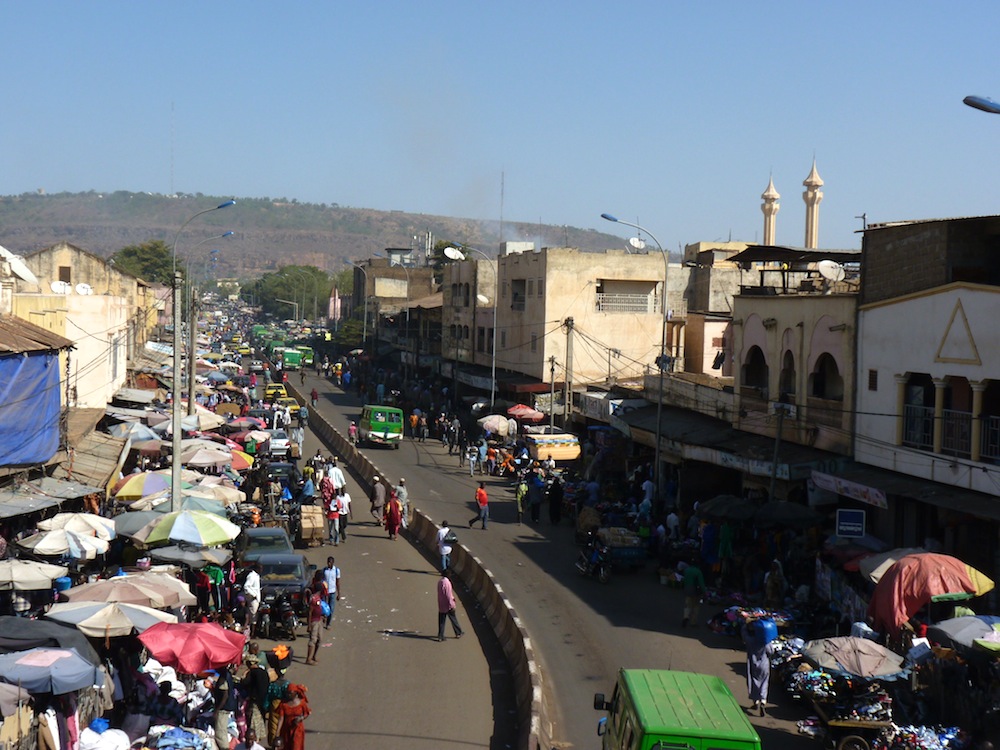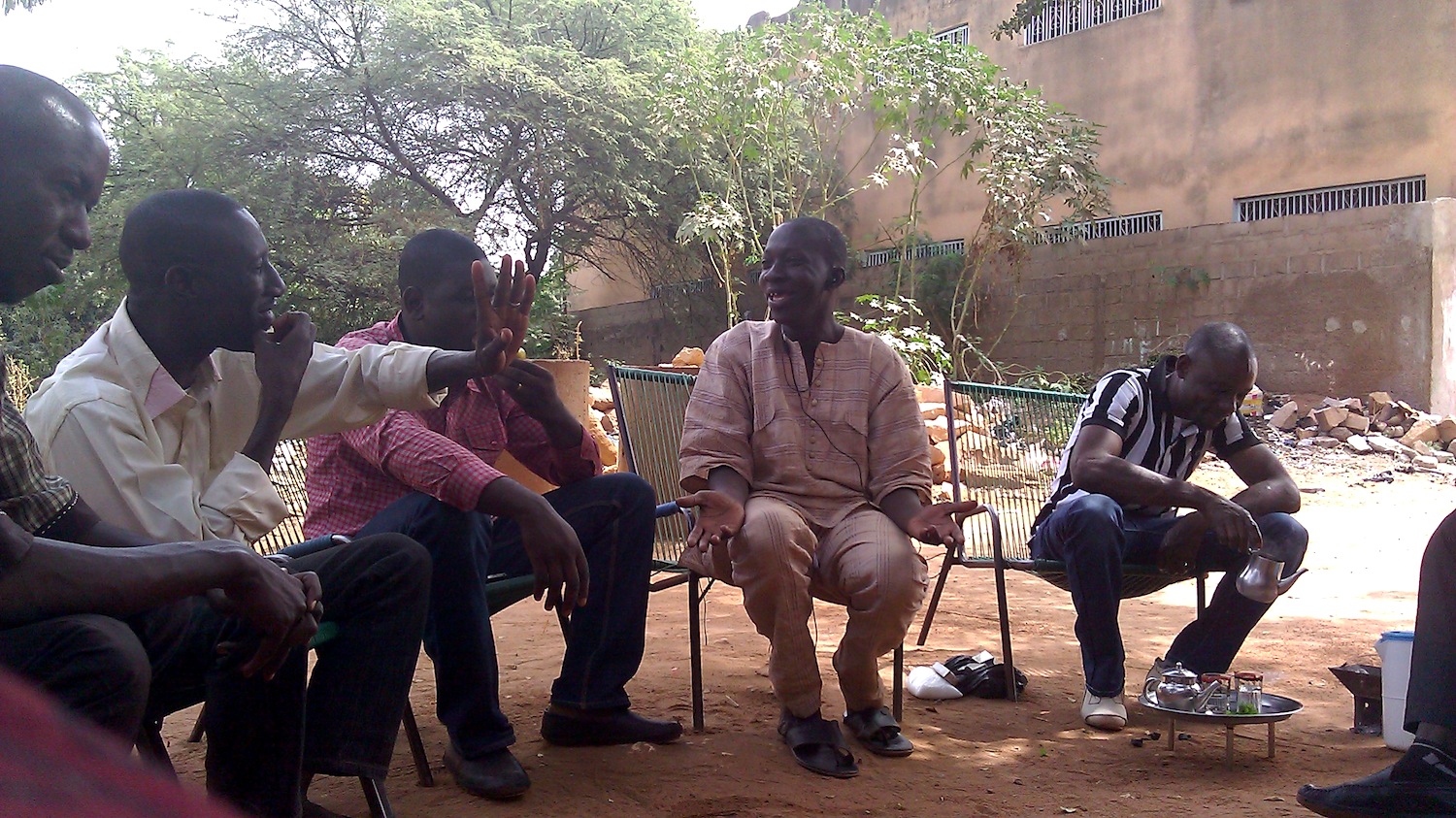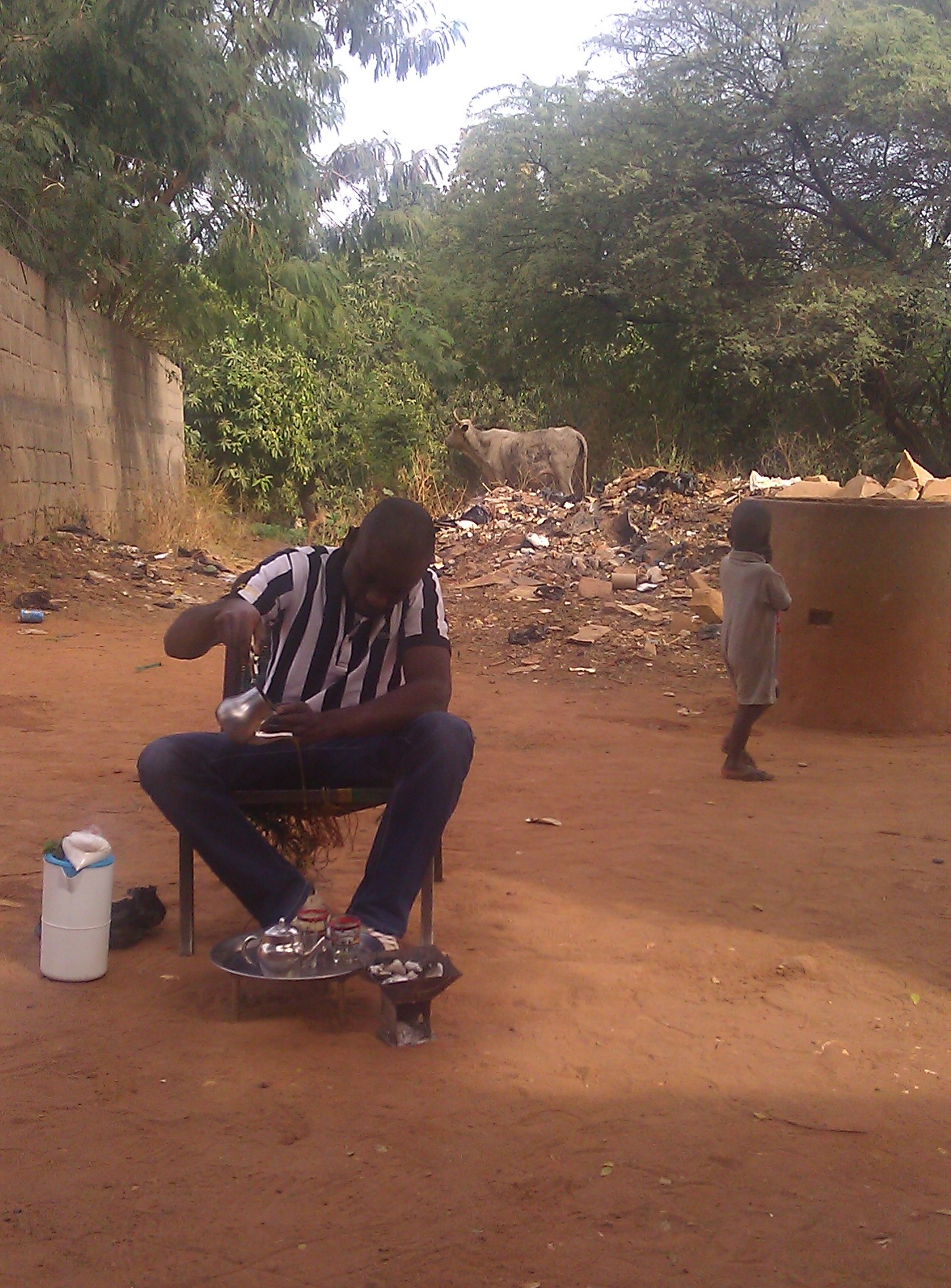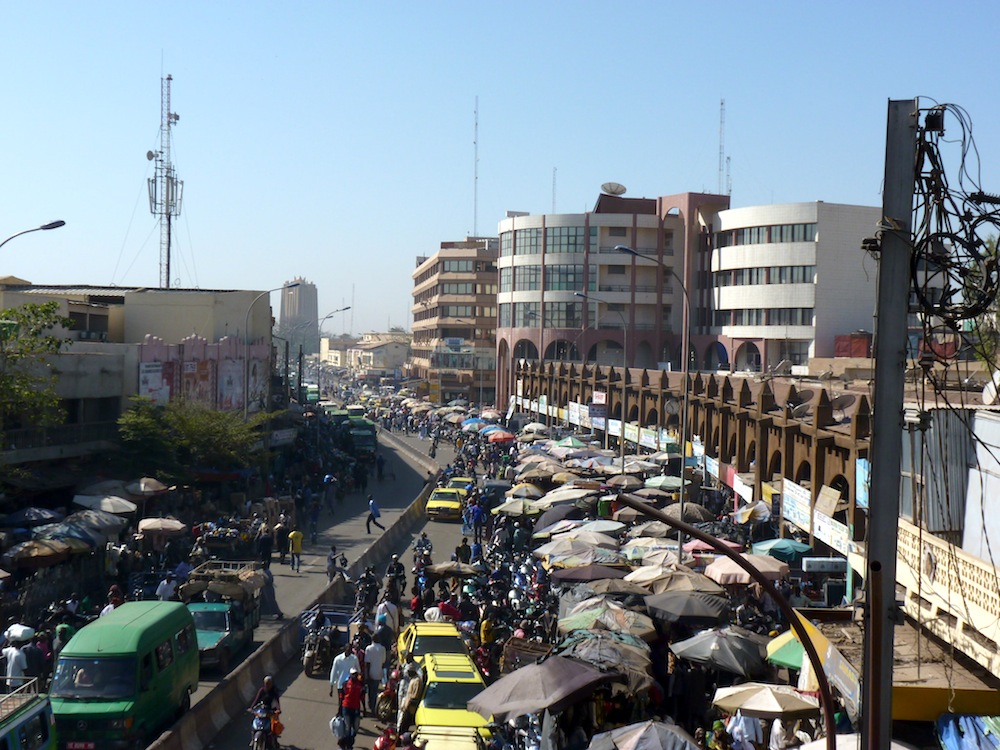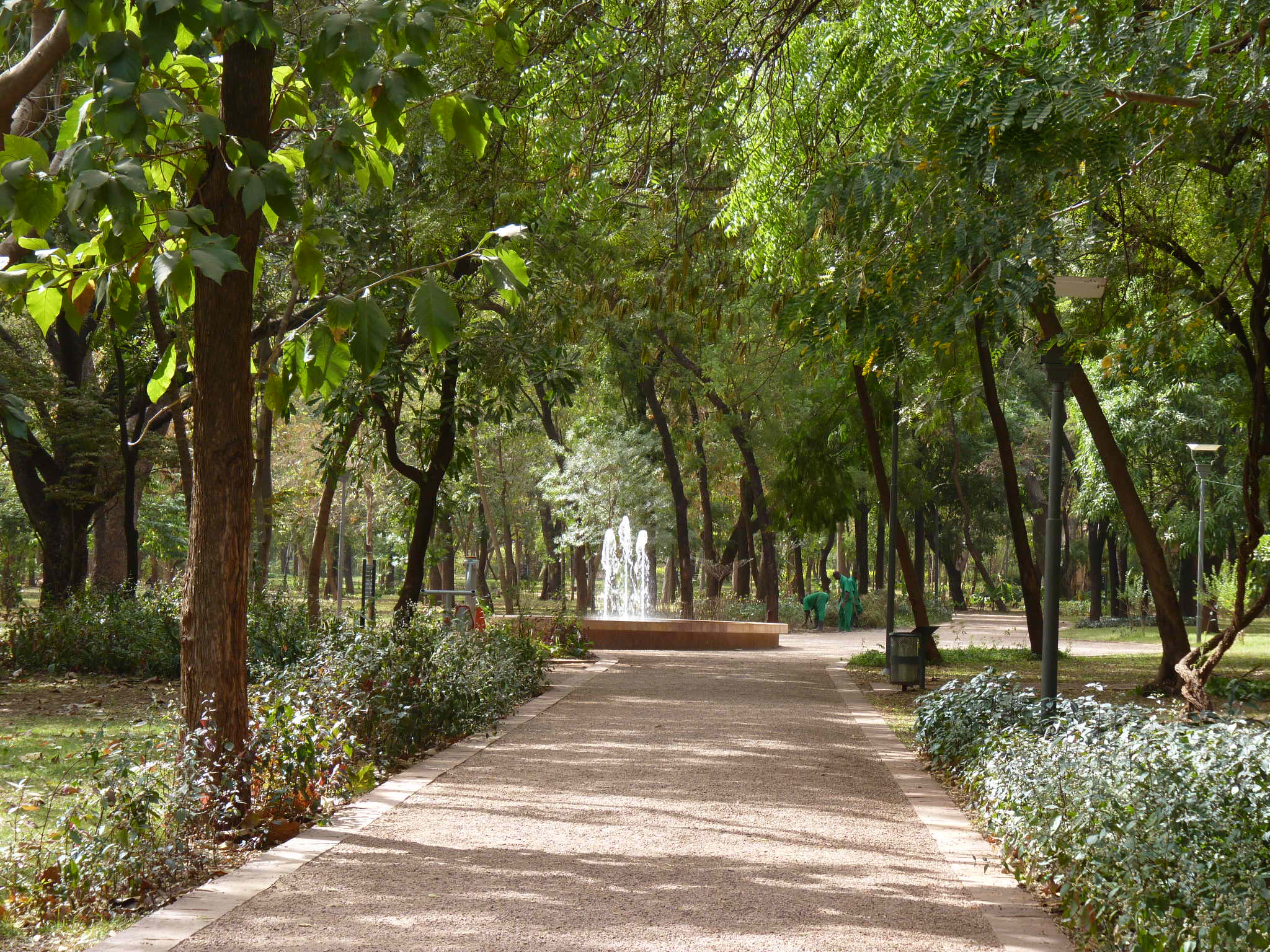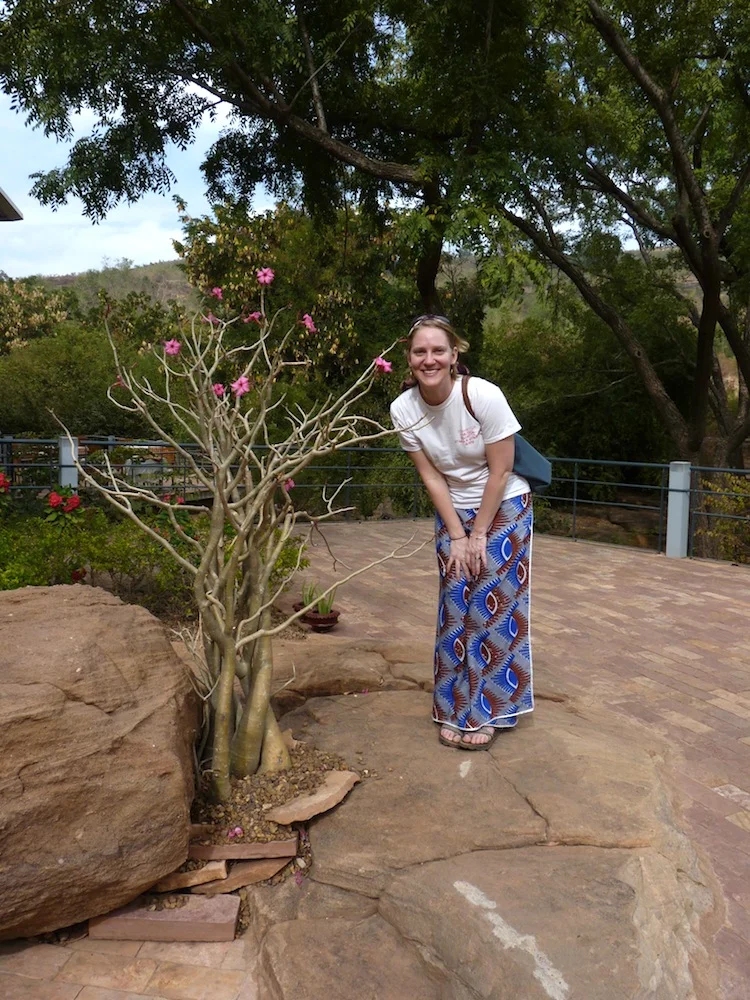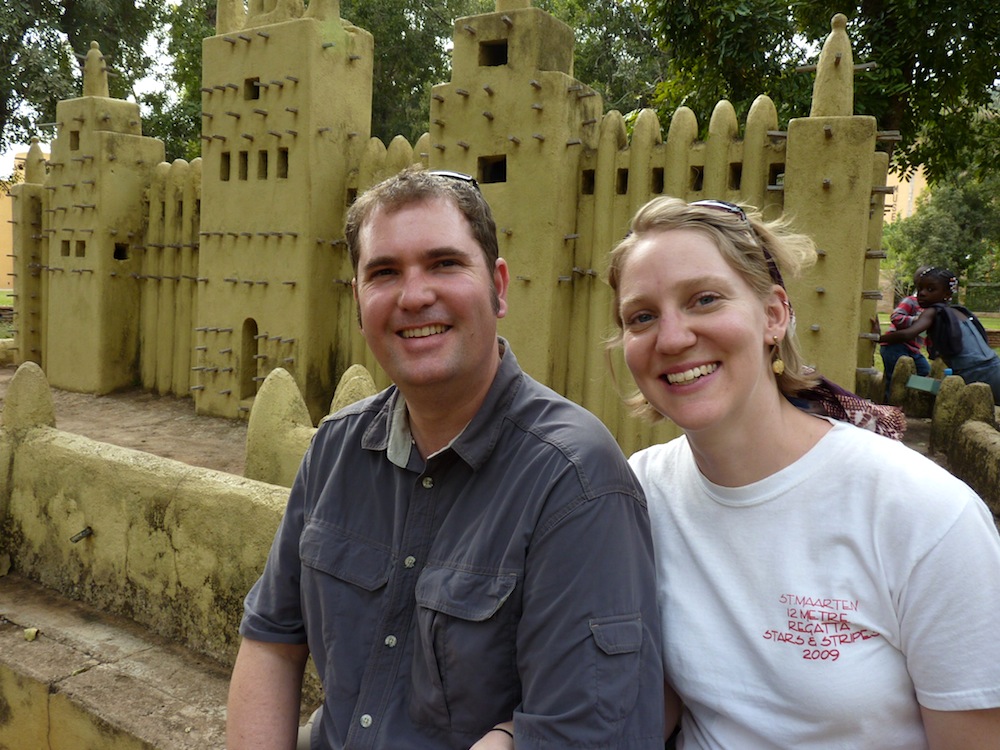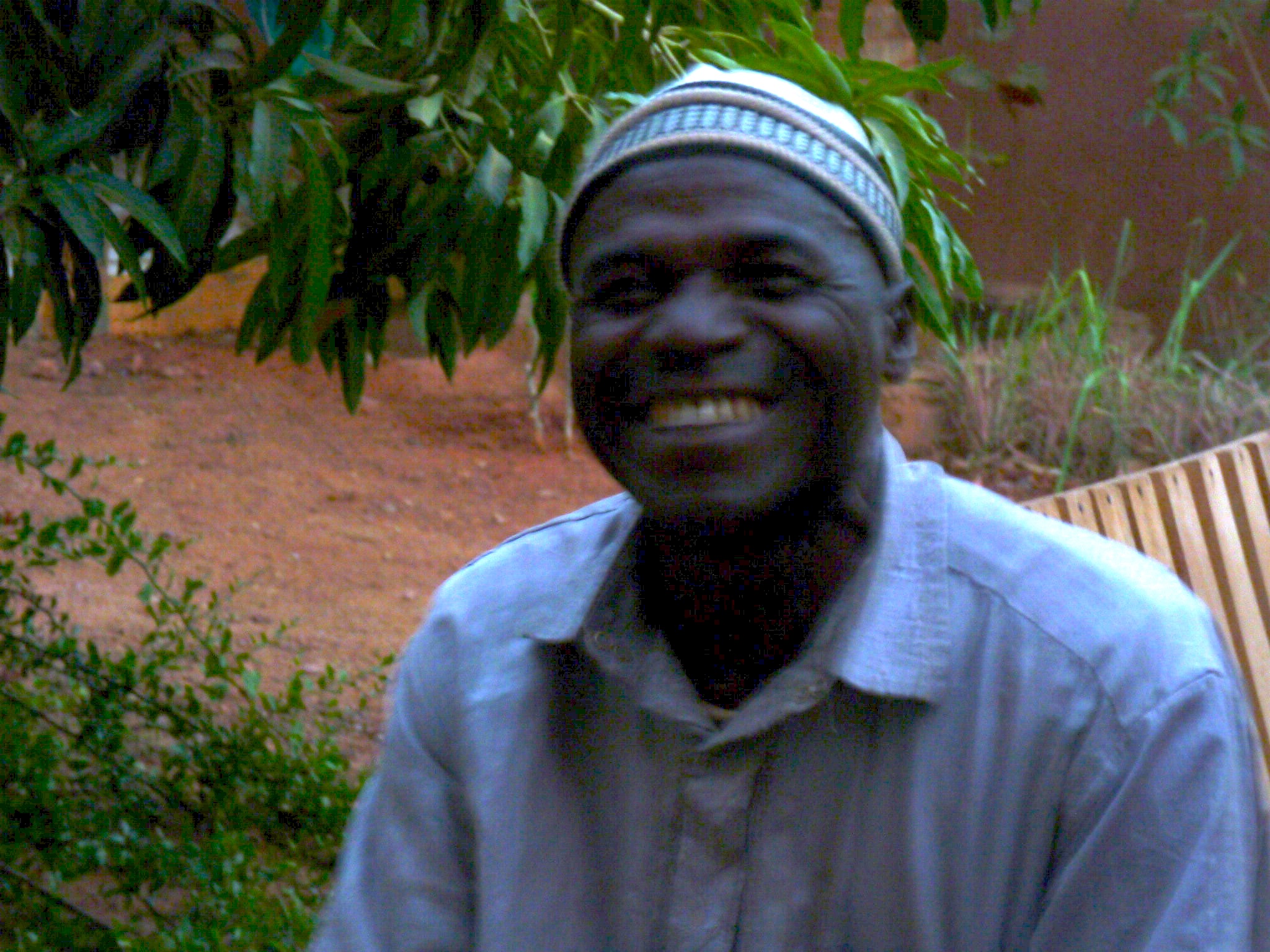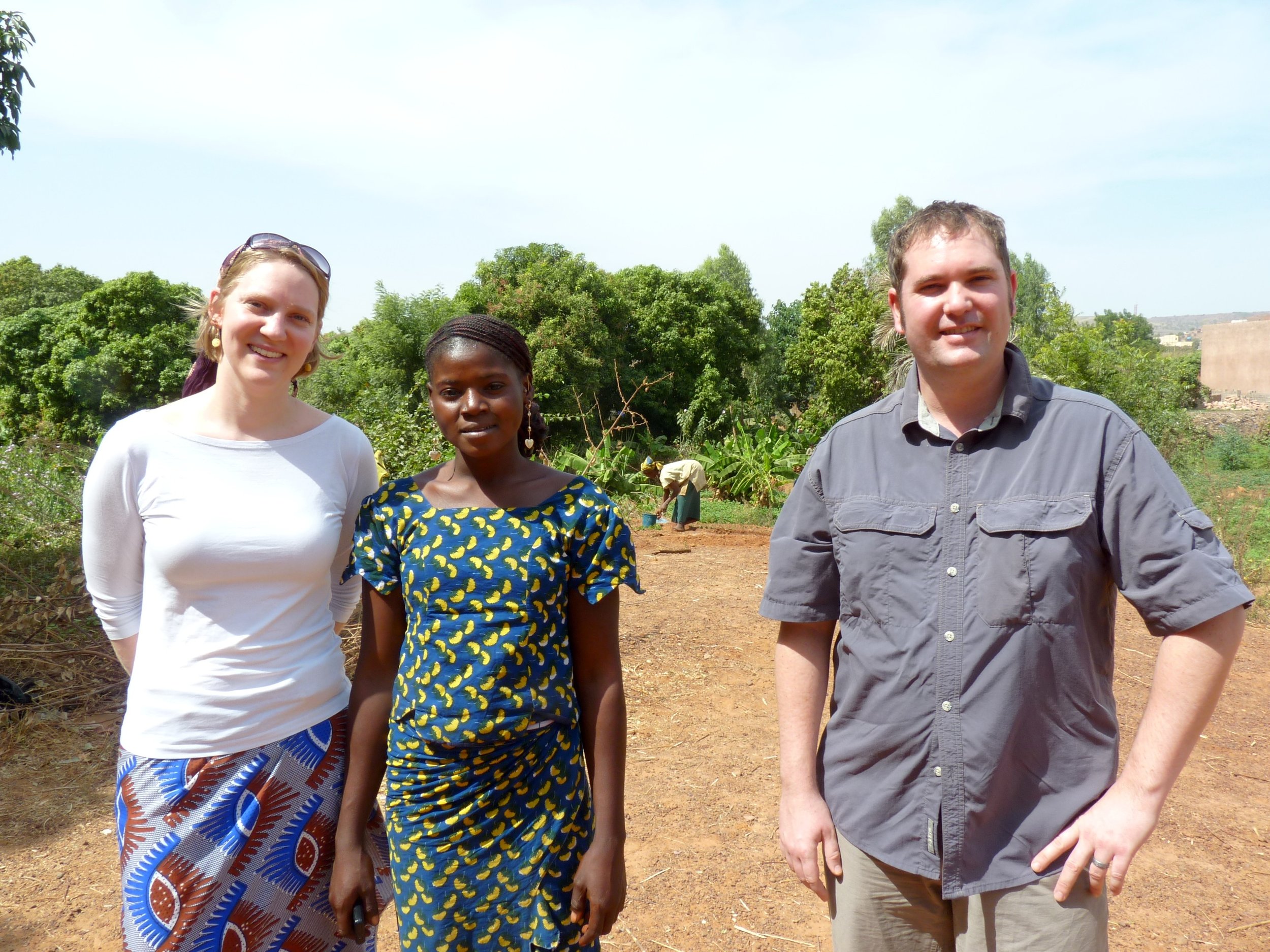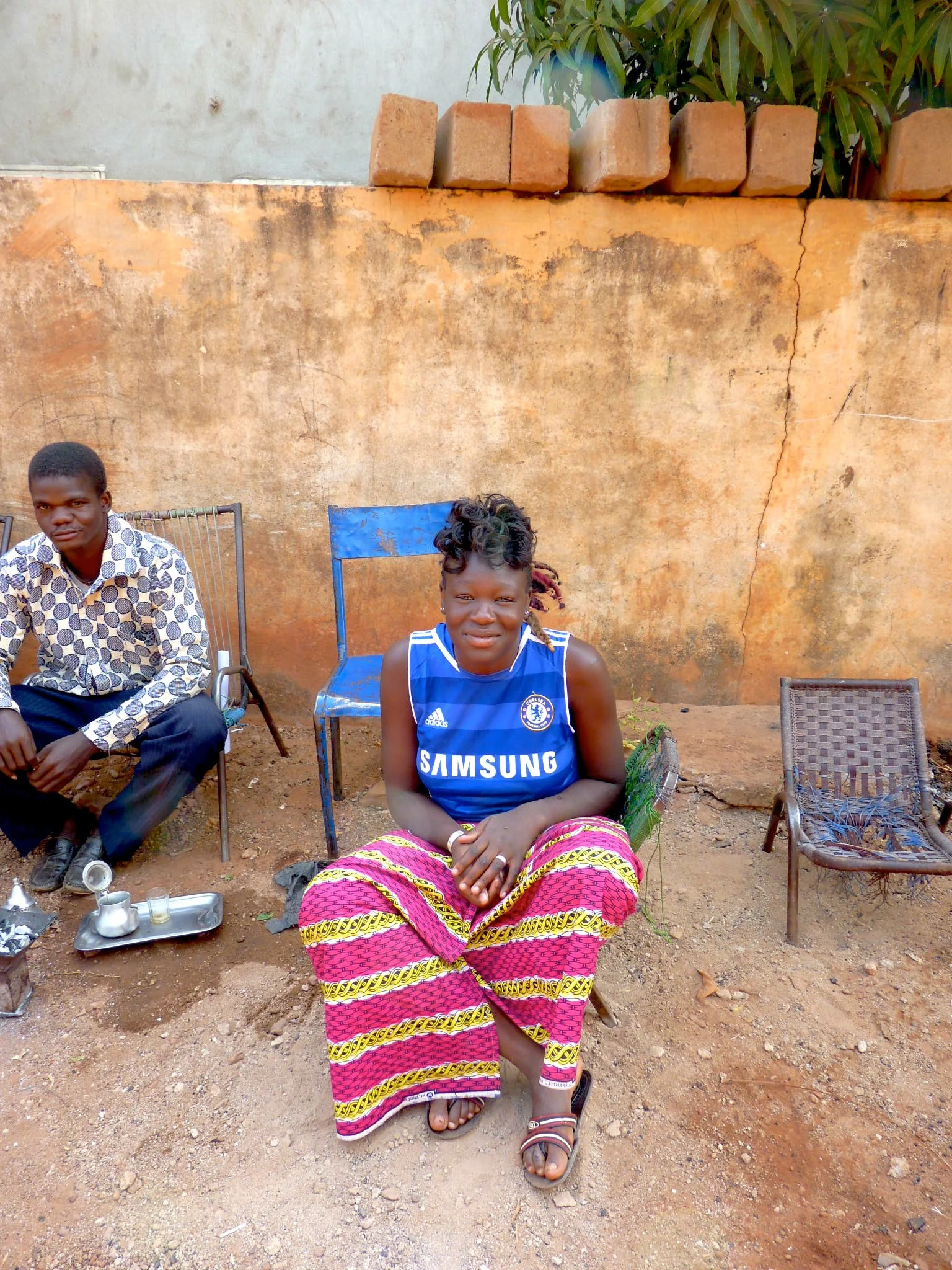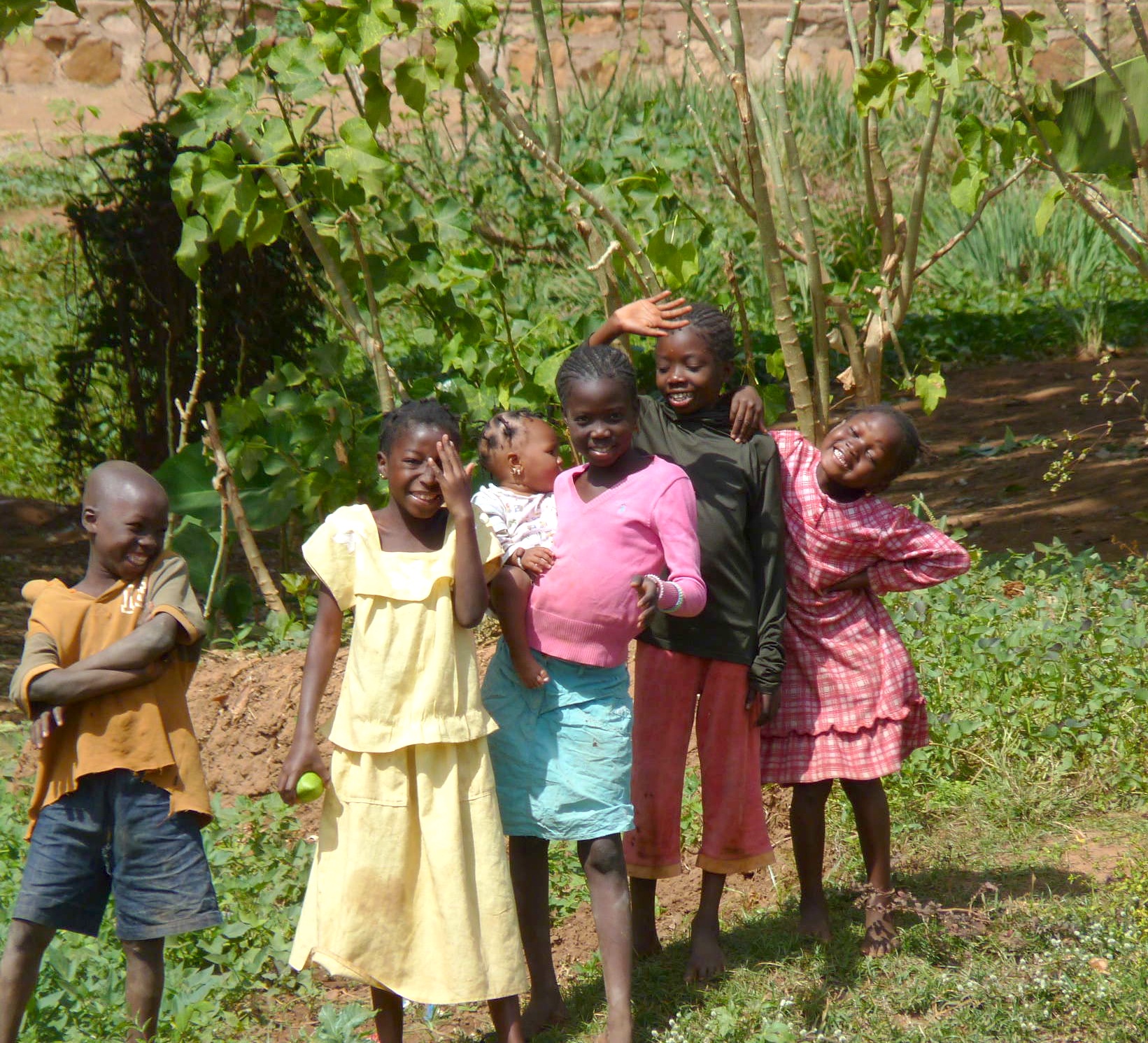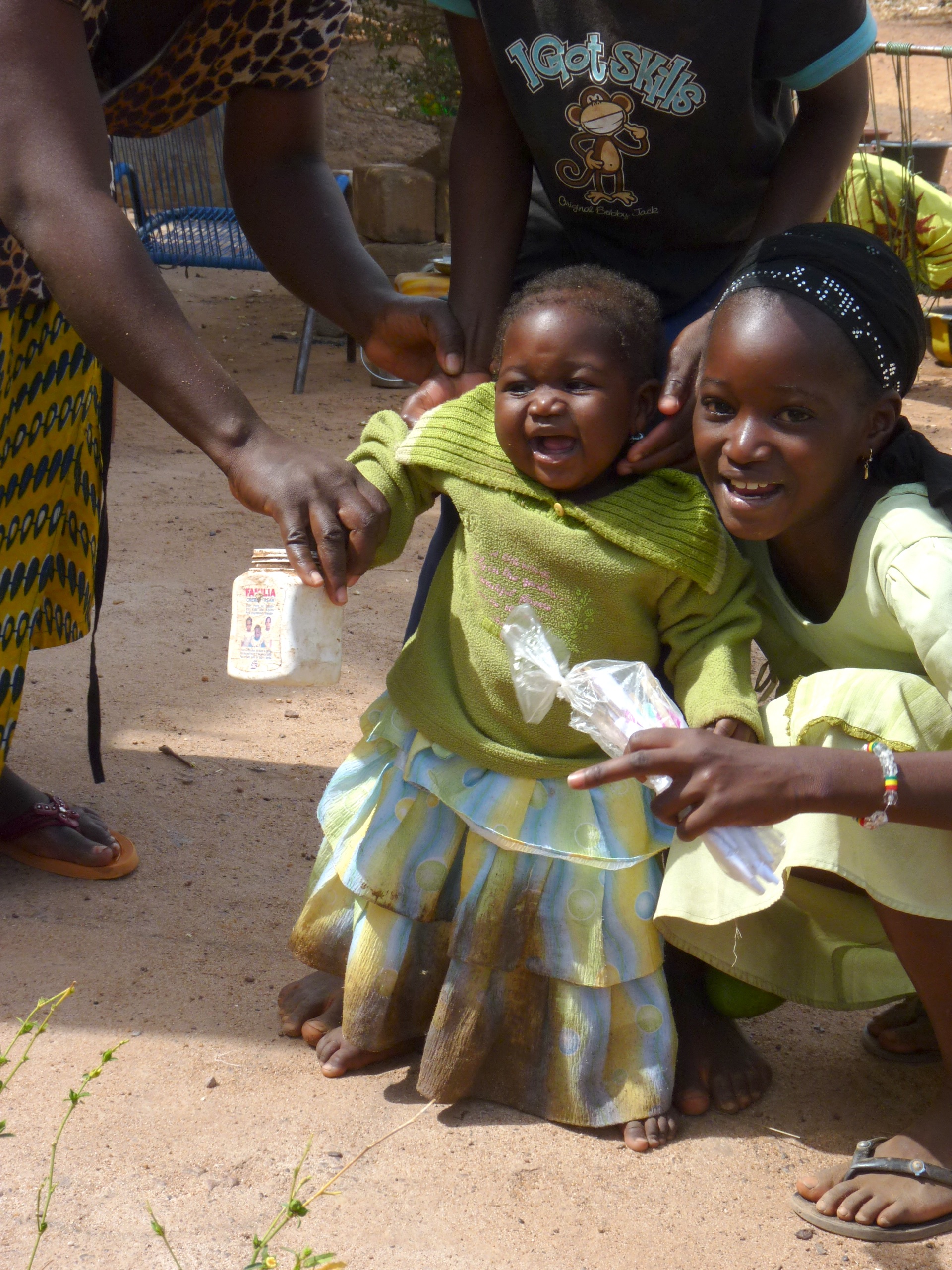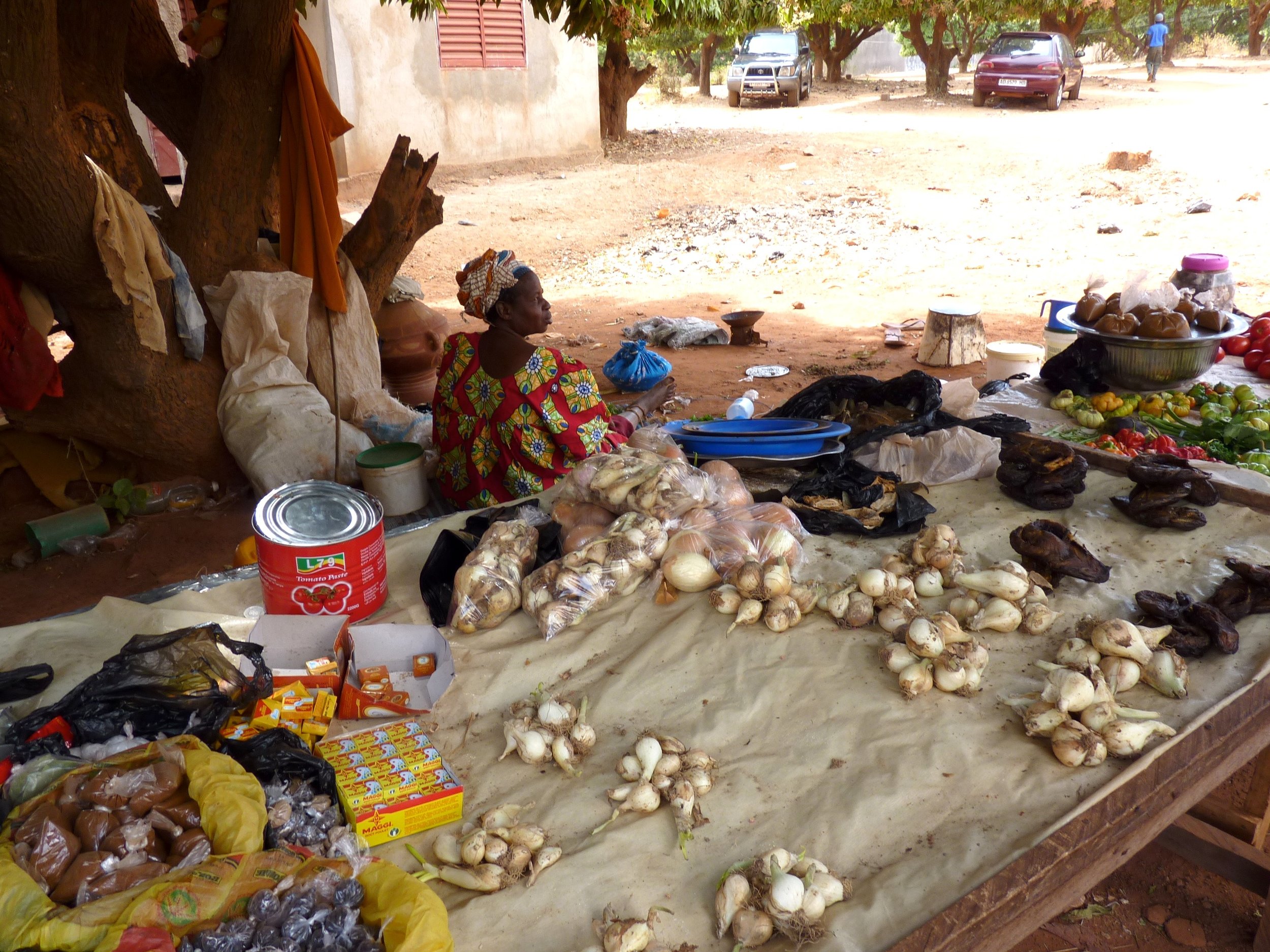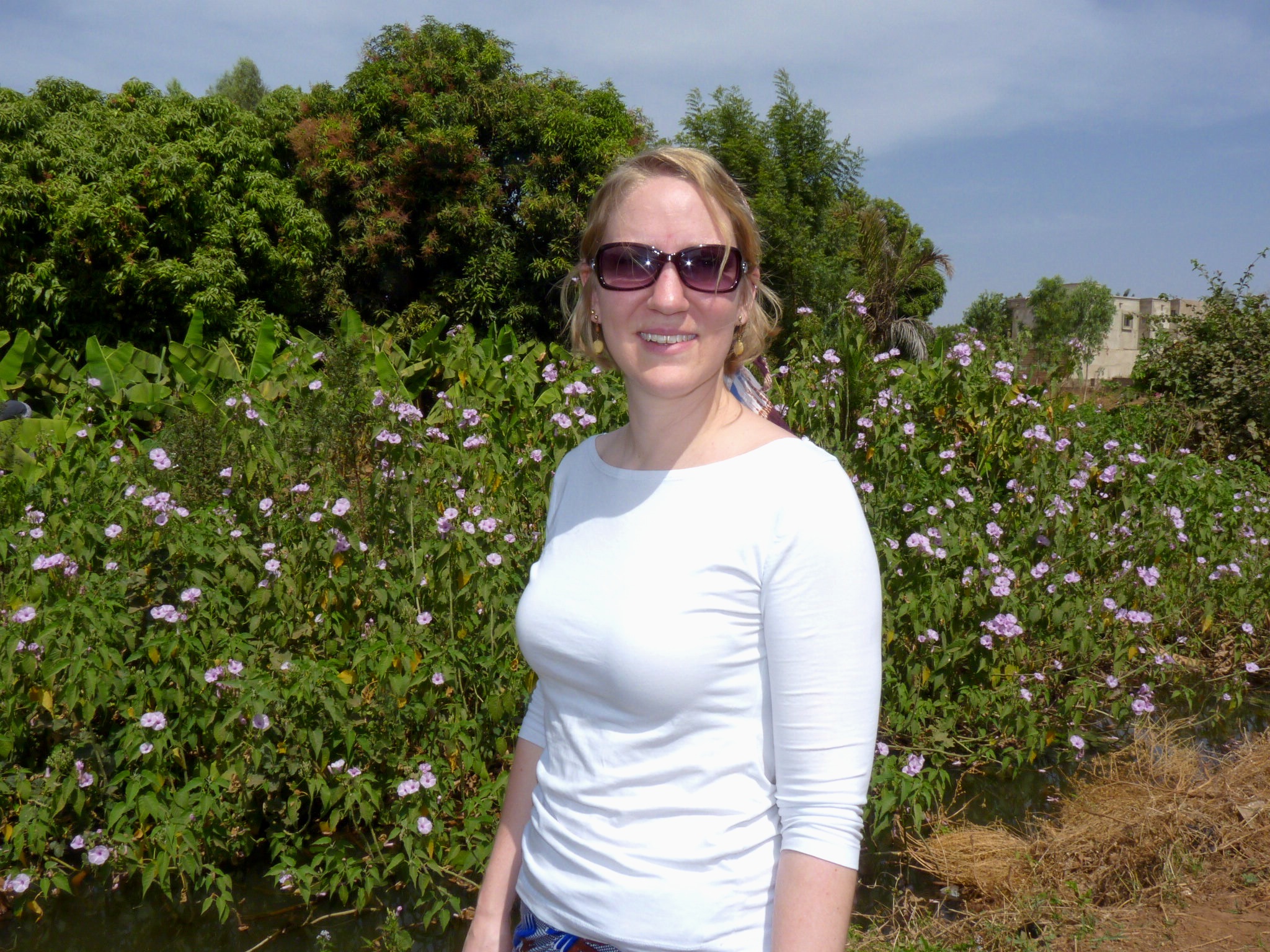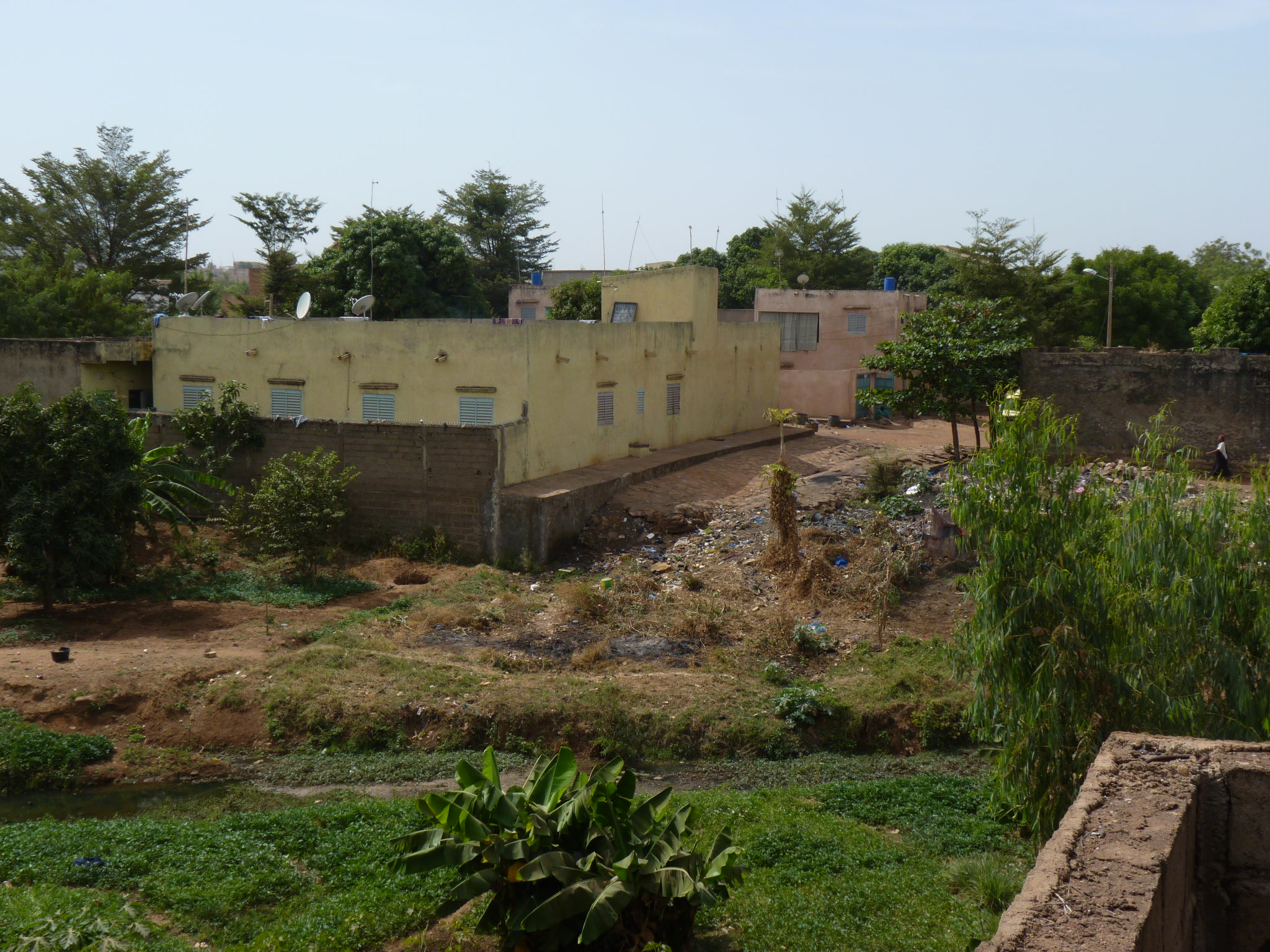Note: more photos coming soon. A practicality of Mali - the internet is soooo sloooowww.
------
It’s an interesting time to be in Mali. Ok, it’s always an interesting time to be in Mali, just because Mali is always interesting. But especially now, at this time, the situation up north, which has quickly become a war, makes things unusual. I had planned to write solely about the daily flow of life in Bamako, but I think that some explanation of our current situation is due.
For those of you who aren’t aware, Mali is engaged in driving an Al-Qaeda cell, Ansare Dine, out of the northern region of the country. The North represents a vast Saharan desert, a lawless land, which has allowed for religious fundamentalists to traffic drugs and arms in order to fund jihad. Beginning in April 2012, these islamists began taking over this expansive land, imposing sharia law. Cities including Gao, Konna, Douentza and the fabled Timbuktu have all been overrun by these people. However, the clear line of divide between islamist-controlled north and government-controlled south remains just north of the town of Mopti, over 400miles from the capital city of Bamako (my geography was not correct in the last post).
Just Wednesday, the islamists made a bold move to the south, pushing closer to Mopti. The French government quickly responded by sending troupes to aid the Malian army and have been conducting air raids since Wednesday evening. This kind of action is good, and has been needed for a long time. There are also pan-African troops that will begin arriving. France has also sent an envoy of soldiers to Bamako to help with security and to supposedly protect the 6,000 French expats living here.
So what does that mean for us? We’re watching the situation, and keeping a close eye on how the islamists retaliate. We will visit the US Embassy tomorrow and see if we should leave. We aren’t venturing too much outside of Bamako, although we will make a visit to nearby Soni Tieni, which is about 1 hour south of Bamako. This small village is home to the schools that Ko-Falen built, and has a strong relationship with our hosts. If we need to leave we will. For now, I actually feel safer than in the States, where apparently there have been more shootings?
But we don’t want to leave. Today we spent the day experiencing a regular dimanche a Bamako (Sunday in Bamako). If you don’t go to a wedding, which are typically on Sundays, you spend the day with friends, relaxing and listening to music. And that’s what we did. If you didn’t know that war was happening in the North, you would never guess that anything was different. The people are as jovial and kind as ever, the music plays, tea is made, a large bowl of food is shared eating by hand, the cows meander by eating trash, lizards chase each other, and people enjoy one anothers company before the start of another work week. It was perfect.
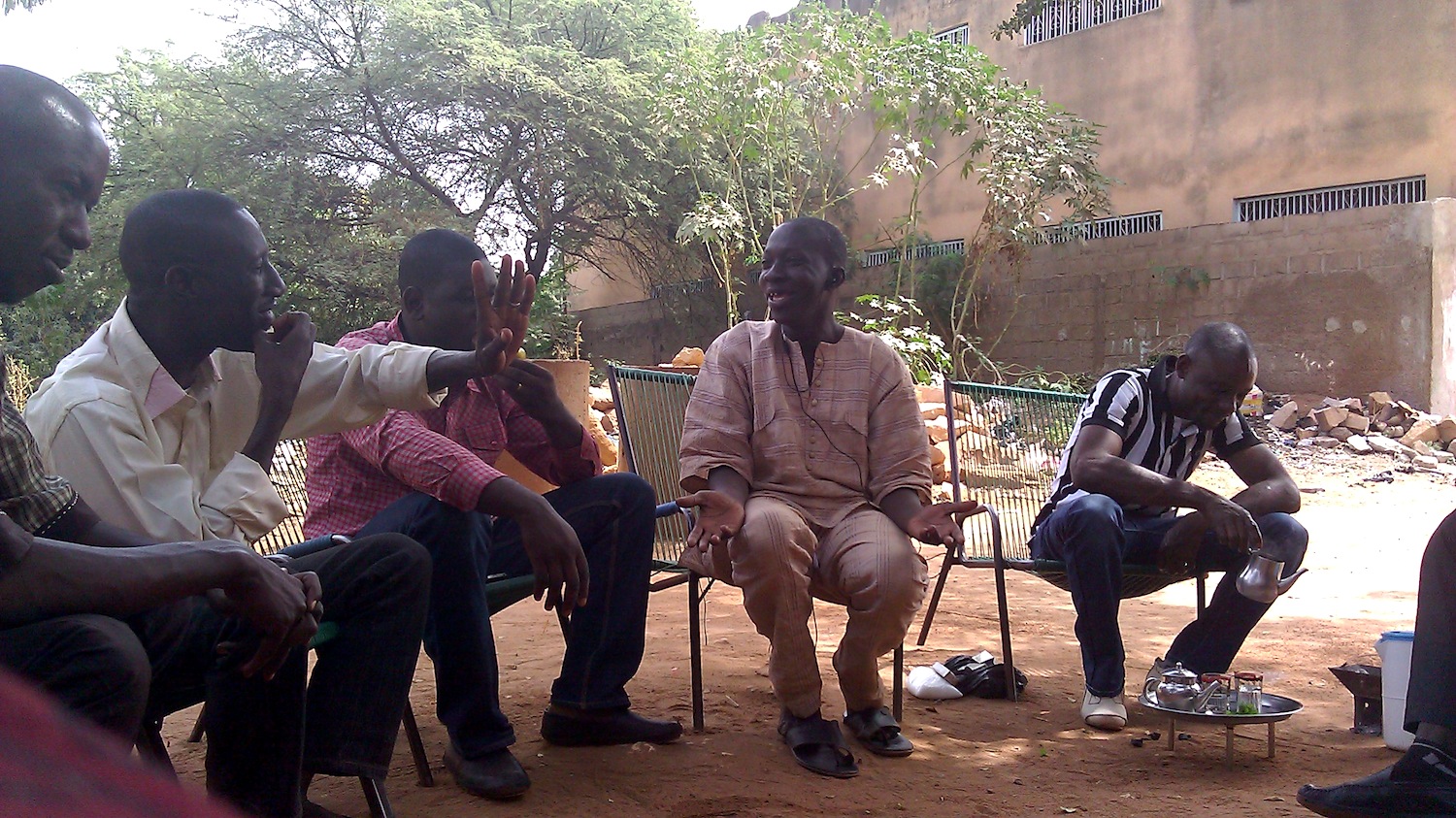
Practically speaking, we can’t understand 90% of the conversation. You’d think this gets boring (well sometimes it does I guess), but simply observing the animated conversations is entertaining enough. It sounds like people are yelling at each other, or engaged in a completely deep conversation – hands flying in the air, voices raised, but that’s just Mali, and how people converse. Animated is the perfect word for it, and it’s really enjoyable. Do people mind us just sitting there? Nope, it means a lot to people that we are here, especially in a difficult situation, and just by us joining in on the scene, we are showing our respect. Nothing seems to be an imposition on these people, everything is based on respect.
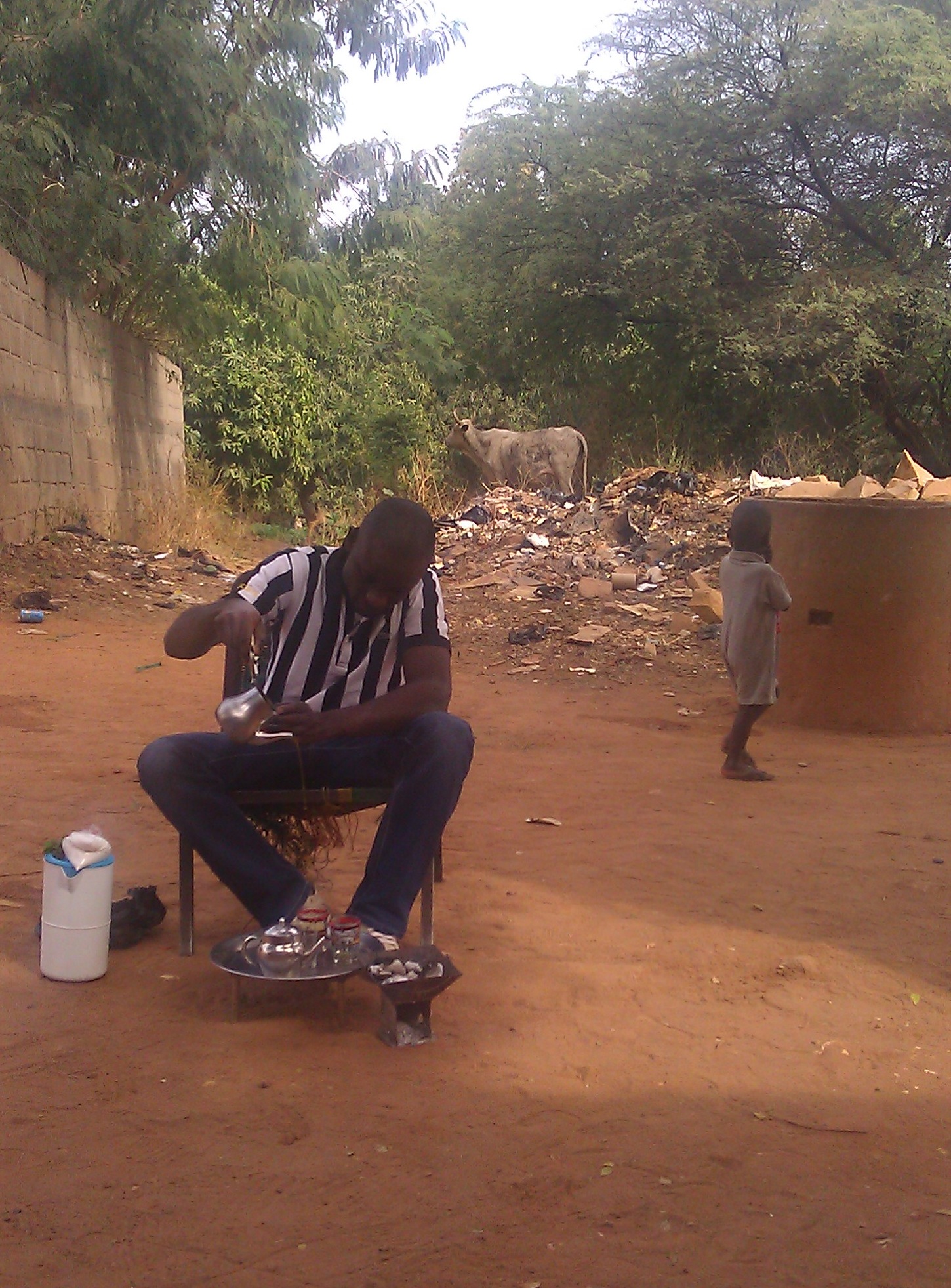
Other practicalities of Mali. Tea or attaaya. Tea is taken several times a day and is really just the activity one does while passing time with friends. We make tea mid-morning, after lunch and then again at night. Attaaya is just green gunpowder tea, brewed super strong over a coal stove, sweetened with sugar and with mint. I love it. I love everything about it. The process, the exurbanite amount of time it takes, the conversation, and the tea itself. Up to three rounds are brewed at a time. The first (le premier) is bitter, like life they say. The second (le deuxieme) is refreshing like the rain. The third (le troisieme) is sweet like love. My Senegalese friends used to say I was a bitter woman because I always brew my premier to strong. Oh well.
Practicality: our names. Names are a very important part of life. There are 4 original Bambara names in Mali: Diakite, Sangare, Diallo and Coulibaly. When you greet people the 2nd or 3rd question they ask is “Ne togo?” (what’s your name?). By the way, my African name is Safiatou, or Safi for short. Jon’s is Adama. We’re Diakite thank you very much. This is great actually because instead of getting “Toubab!!” (white person!) around the neighborhood, everyone knows our Malian names now, especially the kids. A common refrain when walking about is, “Safi! Safi!! Saffiiiaaatouu!!!!” Until I say, “Bonjour! Ini chey (hello).” The response is nothing but giggles and smiles. Ahhh Mali.
What else. Kids & Elders. Probably my favorite aspect of Malian culture, the relationship between generations. Anyone older than you is your elder and therefore has your respect – period. Anyone younger than you is your responsibility to help raise and take care of. Therefore, all children are everyone’s children, and all elders are everyone’s to take care of. This also means that one can ask anyone younger than you to go do something and out of respect, they must – aha! Benefits of age. It also means that I get to play with totally adorable African babies, because I’m part of the community that helps raise them.
Practicality. Communications. Internet is extremely expensive here. The Center had wireless, but apparently unlimited wireless costs $300…per month. No complaints about your cell phone bill now! I purchased a USB wireless key for convenience. $100 (50,000cfa wow!) buys me the hardware and about 4GB of data. For perspective, $150 is what we’re paying for all our water and electricity for the entire month we’re in Mali. To also put this in perspective, we’re spending 10,000cfa ($20) to have someone come 4 days a week and cook lunch (which often yields leftovers for dinner). These daily meals feed Jon, Wague and me, plus about 4-8 people who are always around, working, socializing or doing whatever. Wague is trading weeks with Jon and me, so really in a month I’m only spending the $20. $20 for 8 days of meals vs $100 for 4GB of internet. You can understand why people mostly just send text messages here.
Finally, dirt. Orange dirt. We've been washing the floor almost every day (that NEVER happened at home). You would too if everything was covered in a fine layer of orange dust. I don't mind. It's Africa, and it means more coldish showers to cool off.
I hope this has painted somewhat of a picture of Malian life. There are so many more details to share! I guess you’ll just have to visit (but not during wartime)!

